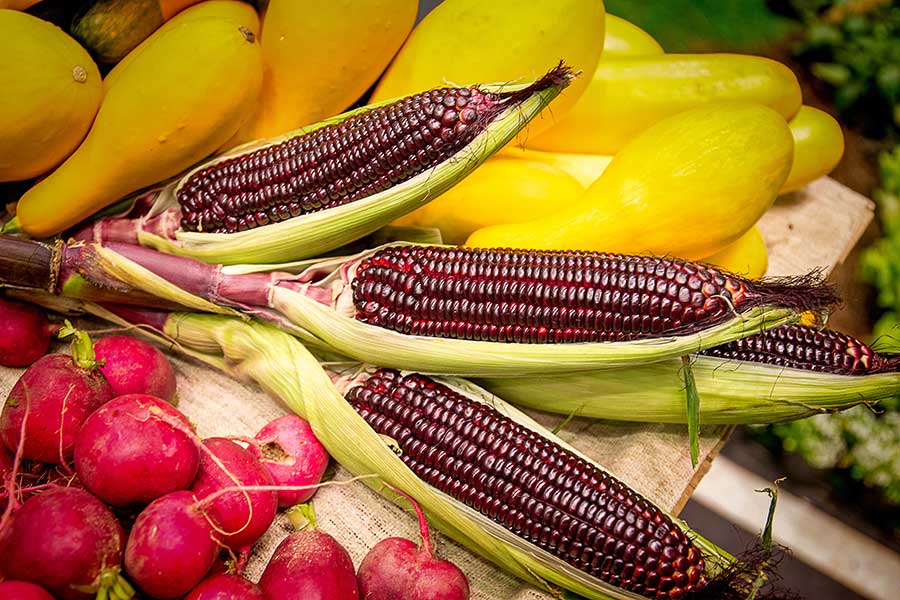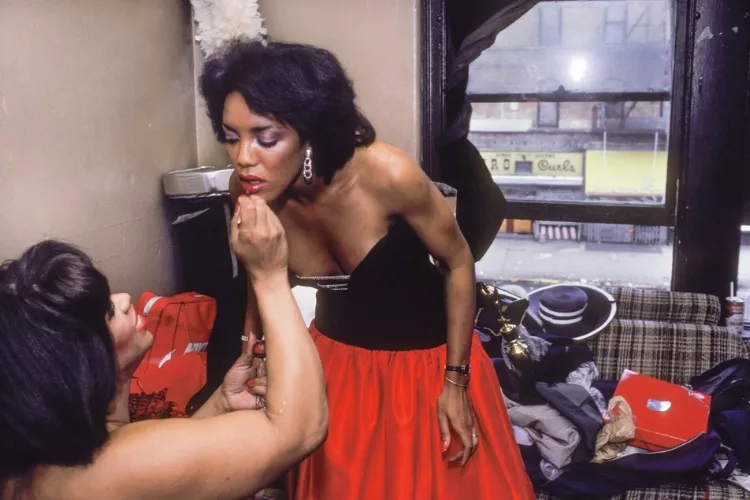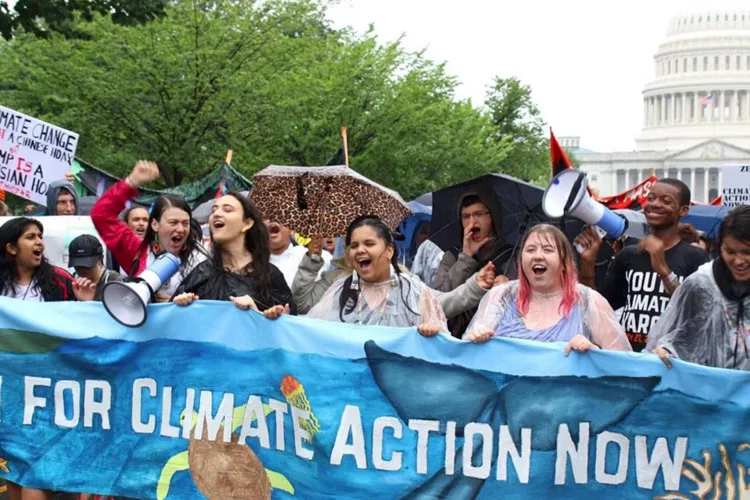
Thanksgiving, a time when families gather around tables laden with turkey, stuffing, and pumpkin pie, is a cherished tradition in the United States. However, beneath the surface of this seemingly innocent holiday lies a complex history and a myriad of issues that make it problematic for many. As we approach Thanksgiving, it is essential to reflect on its origins, acknowledge the concerns surrounding its celebration, and explore ways to make the holiday more respectful and inclusive for all.
The Troubled History of Thanksgiving
Thanksgiving is commonly associated with the Pilgrims and Native Americans coming together for a peaceful feast in 1621. While this narrative is a foundational part of the holiday’s mythology, it overlooks the darker aspects of history. The arrival of European settlers resulted in the displacement, violence, and marginalization of indigenous communities, making it crucial to approach Thanksgiving with a critical eye.
The traditional Thanksgiving narrative tends to perpetuate stereotypes and oversimplify the complex relationships between the Pilgrims and Native Americans. This oversimplification can contribute to the erasure of indigenous perspectives, reinforcing harmful stereotypes and diminishing the impact of colonization on Native communities.
1. Acknowledge First Peoples
Learn the name of the Native Peoples of the place you live, and acknowledge that you are in their ancestral territory. In your opening words to the Thanksgiving meal, you might make it a new tradition to say something like the following: “We are thankful to live in the unceded territory “Lenapehoking” or the Land of the Lenape.”
You can also learn more about the true history of Thanksgiving in This Land Is Their Land: The Wampanoag Indians, Plymouth Colony, and the Troubled History of Thanksgiving
It’s crucial to amplify indigenous voices and acknowledge the diverse cultures and histories that existed long before the arrival of European settlers.
2. Learn Local History
Learn the real story of the place that you live. If you live in America, this inevitably means learning about the history of genocide and colonization. This information can be painful to learn, but it is critically important to know true history so that it cannot be repeated.
3. Respect Indigenous Voices
To celebrate Thanksgiving more respectfully, it’s crucial to amplify indigenous voices and acknowledge the diverse cultures and histories that existed long before the arrival of European settlers. Educate yourself on the experiences of indigenous peoples, listen to their stories, and support initiatives that promote indigenous rights and well-being.
4. Mindful Language Use
Language plays a powerful role in shaping our understanding of history and culture. When discussing Thanksgiving, choose language that reflects a more accurate and inclusive narrative. Avoid terms like “discovery” and “settlers,” which can downplay the harmful consequences of colonization. Instead, opt for language that acknowledges the impact on indigenous communities, such as “encounter” or “colonizers.”
5. Cultivate Gratitude for Diversity
Thanksgiving is an opportunity to express gratitude, but it’s important to broaden the scope beyond the historical narrative. Express gratitude for the diversity of cultures that enrich our communities, recognizing the contributions of people from various backgrounds. Embrace this holiday as a chance to learn from one another and foster unity in the spirit of understanding and appreciation.
6. Support Native Communities
Consider using Thanksgiving as an opportunity to support Native communities. Explore ways to contribute to indigenous-led initiatives, charities, or businesses. By actively engaging and supporting these communities, you contribute to their empowerment and resilience.
7. Reimagine Thanksgiving Traditions
Instead of adhering strictly to traditional Thanksgiving rituals, consider incorporating elements from diverse cultural practices. This can include trying new recipes, incorporating indigenous ingredients, or engaging in activities that honor the land’s original caretakers.
Learning the cultural significance and meaning of these foods to place will increase your enjoyment, fulfillment and well-being connected to the Thanksgiving meal.
Thanksgiving, like any holiday, can be an opportunity for reflection, growth, and positive change. By acknowledging the problematic aspects of its history and embracing a more inclusive and respectful approach, we can transform Thanksgiving into a celebration that fosters understanding, appreciation, and unity among all communities. Let us use this time to give thanks for the richness of diversity and commit to a more thoughtful and mindful observance of this significant holiday.






